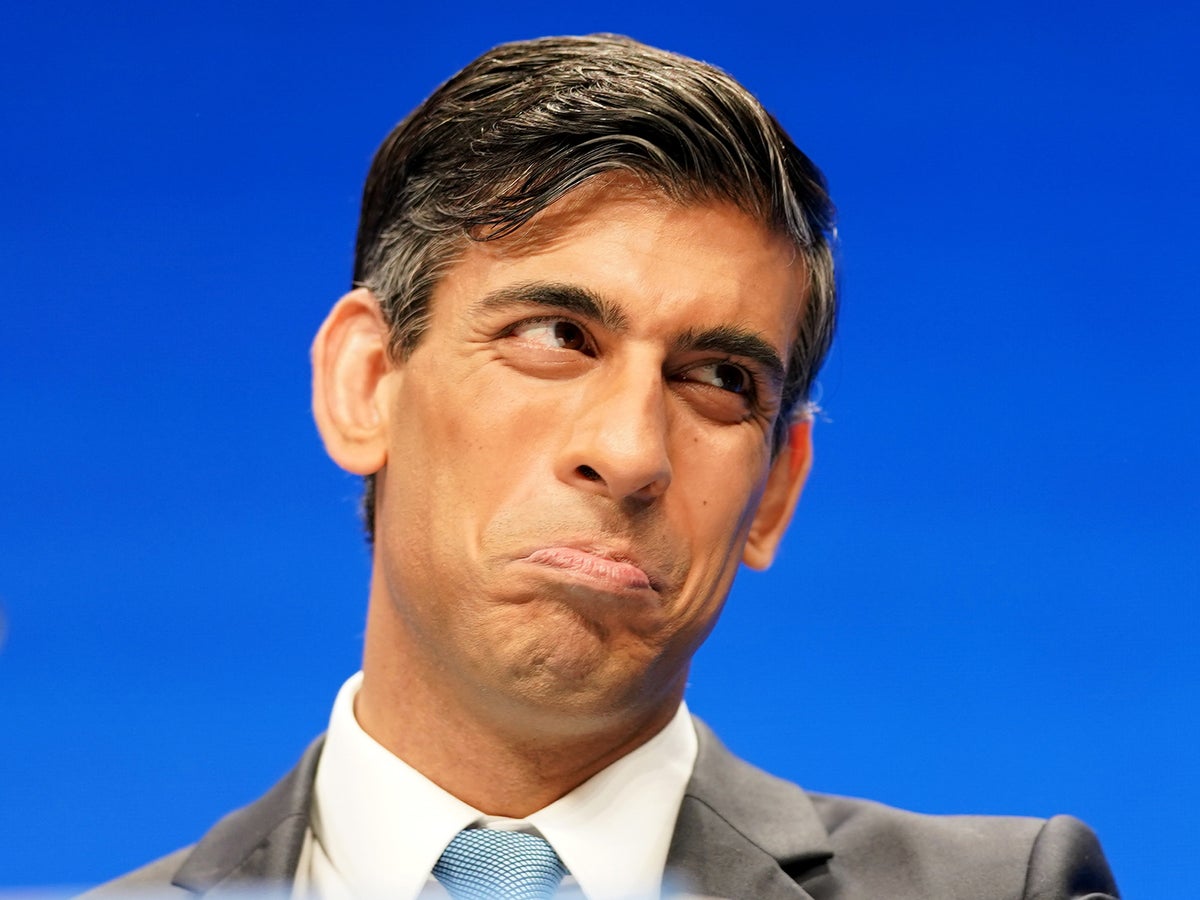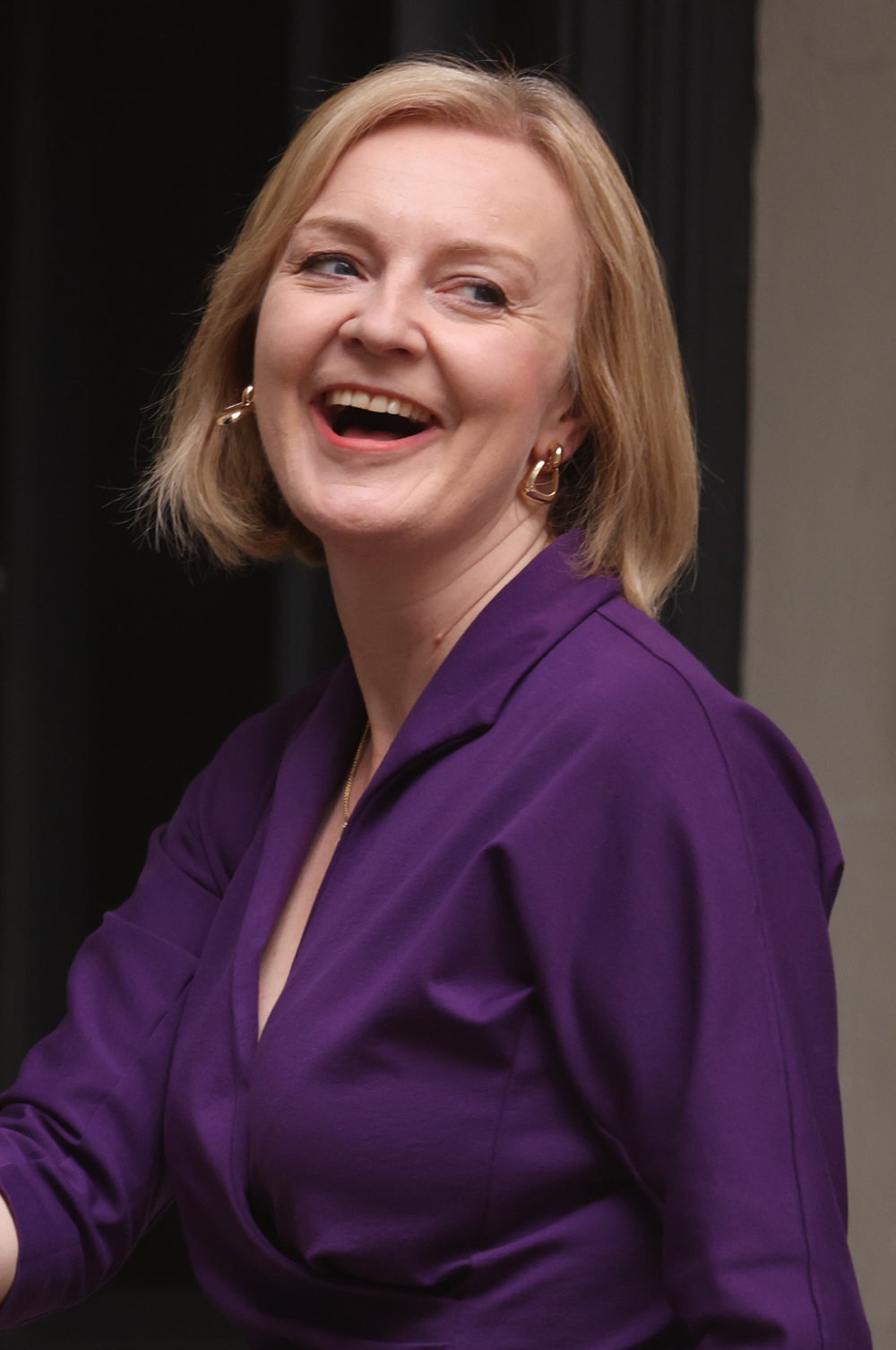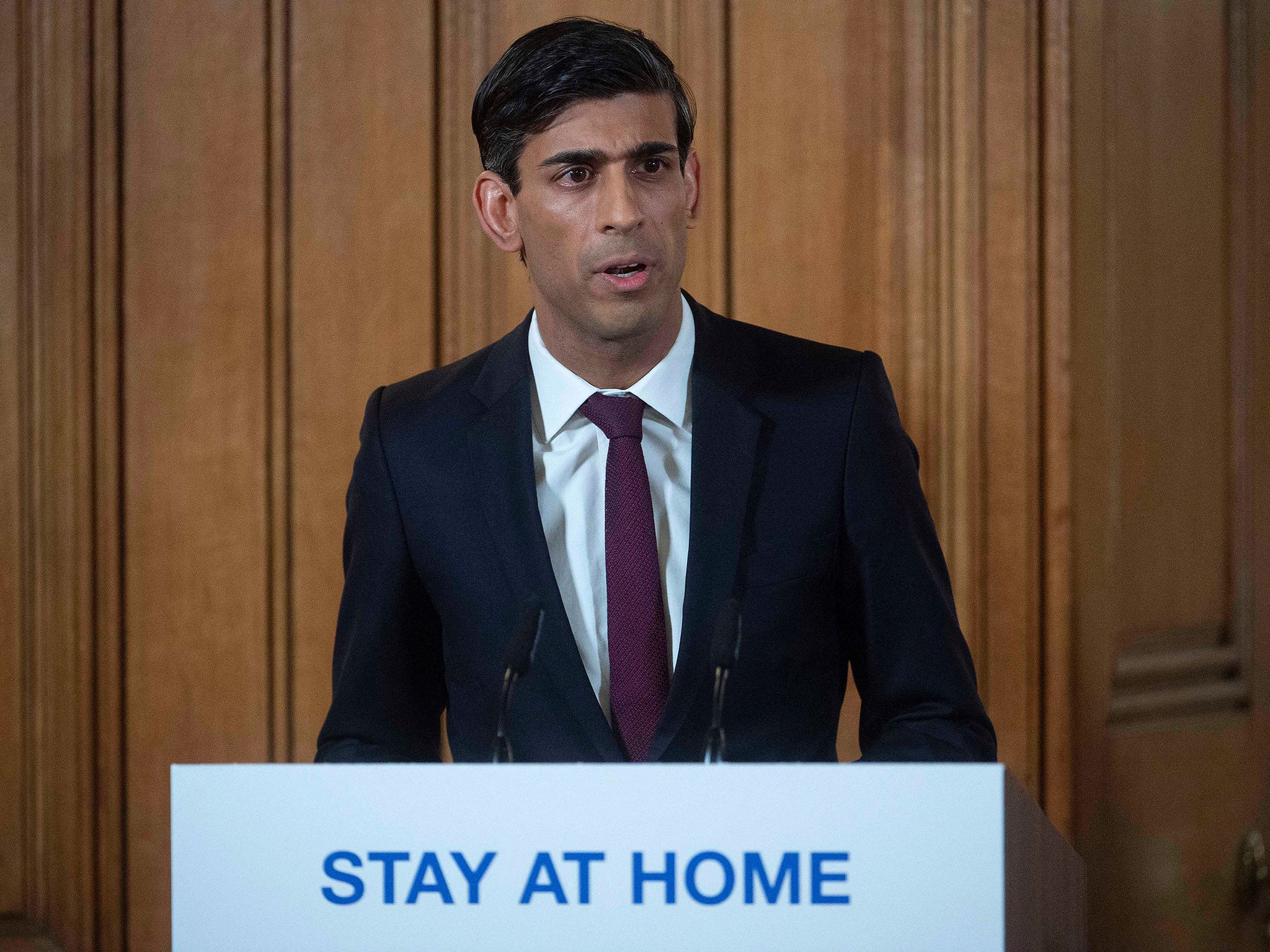
As Liz Truss’s name was read out by Sir Graham Brady today, confirming her as Britain’s new prime minister, Rishi Sunak’s smile did not break. Whether his heart broke a little, we can’t know; professional to the end, he evinced not a trace of disappointment.
For all his graciousness, Sunak – who received 42 per cent of the final vote to Truss’s 57 – must know what we all knew at the start of the Conservative leadership contest. For the winner, the highest office in the land; for the loser, not a silver medal, but a millstone – the curse, perhaps lifelong, of being thought of as “a nearly man”. It is injury added to insult; Sunak, like Truss, has suffered relentless scrutiny and criticism these past few weeks. Even pistols-at-dawn duelling, banned nearly 200 years ago, seems in some ways more humane than a Tory leadership election.
Sunak’s life, as far as we know, had hitherto been gilded with success. He went from Winchester College to Oxford, from Oxford to Stanford as a Fulbright scholar, and from there to a lucrative career in finance. He and his wife, Akshata Murty, have a combined fortune of £730m. Sunak was elected to the House of Commons in 2015, and was chancellor, dizzyingly, just five years later. During the pandemic, he was the most popular politician in government.
But in one way or another, failure befalls us all. Every human mind houses an overlapping multitude of closely gripped or loosely held dreams and ambitions. We can’t realise all of them, especially those that require us to compete with rivals of equal vigour.
What now for Sunak? What can he salvage from his defeat? And what about the rest of us? If there are lessons to be learnt from losing a leadership election, perhaps we can imbibe them without having to have our own ambitions thwarted before the nation.
Jacqueline Hurst is a certified life coach who has worked with more than 7,000 clients, many of them high-achievers who might have a little in common with Sunak. Hurst, author of How to Do You, questions whether Sunak should view his loss of the election as a failure. Failure, she says, does not exist. “Look at Serena Williams. She hasn’t got to where she’s got to by winning every match – she’s had to lose some matches to get there.
“So I don’t really believe in that big word, failure – ‘Oh, my God, it’s a fail.’ There’s no such thing as failing. Because every single time things don’t go to plan, there’s a bigger reason behind that. And there’s always a better thing that comes from it. There’s always growth from that space.”
One does not have to believe that everything happens for a reason, as the saying goes, to accept that there are varyingly productive ways of viewing setbacks. “You either look at your life,” Hurst says, “and go, ‘Oh, God, I failed here, and I failed there,’ and sit in the negative mindset, or you can use that to springboard off, to become a more intelligent person. And that’s a choice that you make.”
If Sunak were sitting in front of her, then, Hurst would tell him the following: “First of all, well done on entering something as massive as that. And second of all, you not getting it might not be a bad thing.”
Sunak is hardly starved of options. He could stay in politics, ready for another tilt at the leadership should Liz Truss’ government be voted out in 2024 after a bruising couple of years grappling with existing crises (cost of living, energy, housing, Ukraine, etc) and crises yet to arise. In that case, Sunak might come to view this year’s leadership election as a hospital pass he was fortunate not to receive.
He could leave politics entirely, perhaps to take a lucrative role as an adviser to either a bank or, as Nick Clegg has, a large tech company. Sunak, having been a recipient of one of David Cameron’s texts on behalf of the now-bankrupt finance firm Greensill Capital, might not choose to follow the former PM into lobbying. But he might also note the many post-political lives of George Osborne, who at the time of writing has had nine jobs – university lecturer, newspaper editor, bank adviser, chair of the British Museum, tinker, tailor, soldier, rather spiteful commentator on Theresa May – since leaving government in 2016. Other interesting post-ministerial careers include Tristram Hunt’s directorship of the V&A, David Miliband’s presidency of the International Rescue Committee, Tony Blair’s spectacular career in mental gymnastics and Ed Balls’s immortal contribution to Strictly Come Dancing. “There’s a million things he could do,” Hurst says of Sunak.

For now, says Hurst, Sunak must ask himself the following. “‘What are the lessons I’ve learned here? Are there things I should have learnt?’ And I’m sure there will be, because we always learn through these experiences. ‘And what do I do with that new learning? Where do I go forward?’
“Let’s say he ends up in the next role that he’s doing, and he really loves that role. He’ll look back and he’ll say, ‘Thank goodness that other thing didn’t happen.’”
Of these realisations – and one does wonder whether the torturous, goldfish-bowl life of a PM is that much worse than Sunak’s more lucrative and pro-social alternatives – Hurst says: “You may not see it immediately. But you will see it with time – time is a really good thing for things like that.”
To those who think they have failed, Hurst advocates a change of mindset. They don’t happen immediately, however; they require hard work. It is not enough to agree with the idea that setbacks are part of success; the idea must be ingested emotionally as well as intellectually. “We don’t get taught this stuff at school, and I wish we did,” says Hurst. “The first step, and I don’t want to sound la-la, is about awareness and consciousness of what you’re actually thinking. We don’t know what we’re thinking most of the time we walk around unaware and unconscious. So step one is asking yourself, ‘What am I thinking? And that can take some time.”
The second step, she says, “is to say to yourself, ‘I have a choice. If I think negatively, that is still going to make me feel negative.’ Your mind is the most powerful muscle in your whole body when you learn to use it correctly and ask yourself these questions. ‘How do I want to think about that?’ It’s one of my favourite questions.”
Hurst doesn’t want to speculate on Sunak’s personality or level of resilience, but she thinks he will, like anyone, benefit from the support of family and friends. He might look to classic examples of people who’ve turned failure into success; as well as Williams, Hurst cites Walt Disney, Oprah Winfrey and the Wright brothers. Losing, she says, teaches us more than winning.

Hurst has her own story of recovery; after a difficult childhood, she became a drug addict. Only when she had rescued herself from addiction did she decide to become a life coach. “That’s definitely something I do not look at as failing,” she says of that period of her life. “I’m 19 years clean last week, and getting clean, all that stuff, is a massive part of who I became.”
From her clients, Hurst hears myriad tales of what one might call either failures or, more constructively, setbacks. Missed promotions. Lovers walking out. Businesses not getting off the ground. Hurst imagines someone whose café shut down during the pandemic. “It’s been blood, sweat and tears all day, and they’ve said, ‘Well, this isn’t working.’ That’s that. And they’ve gone back to wherever, maybe Italy, and now they’re with their family, and they’ve met a nice person, and they’re having a baby. And that wouldn’t be happening if they were still here. So that’s what I’m saying: there’s always a bigger picture.”
It is not true that things always turn out for the best. We benefit from the success of the scientists who created mRNA vaccines; we will shiver this winter as a consequence of failing to build more nuclear power stations. But success and failure are usually much less clear-cut.
The human mind, so powerfully disposed towards narrative, is quicker than we think to find meaning in endeavours we did not imagine ourselves pursuing. The hedonic treadmill turns more quickly than we imagine. Rishi Sunak will not be prime minister, but he might well end up happier for it.







